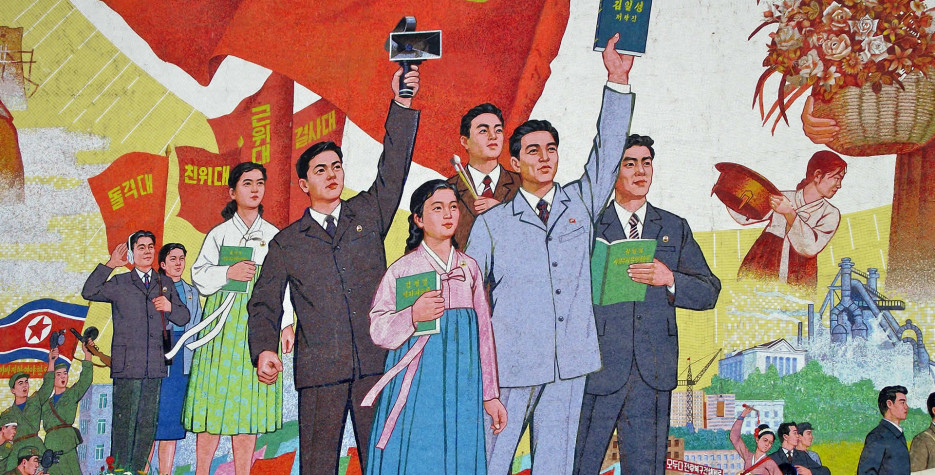Liberation Day is a holiday that marks the liberation of Korea from 35 years of Japanese imperial rule in 1945 after the end of the second world war.
This is one of the few holidays celebrated on the whole of the Korean peninsula. The Korean diaspora all over the world will join in the celebrations by sharing a meal of bibimbap (a rice dish) and kimchi (a vegetable dish), singing Korean folk songs, or playing a game of yut, a traditional board game played in Korea.
History of National Liberation Day
As Japan's closest neighbours on the Asian mainland, it is not surprising that relations between the two (three) countries go back millennia. And like most nearby kingdoms, their history was one of periods of trading and cultural exchange interspersed with several wars and battles.
In the early 20th century, the rise of Russia and China was seen as a threat by Japan. This is partly why controlling Korea seemed like a good idea as it would thwart any expansion towards Japan by Russia or China.
Korea for its part was enjoying friendly relations with Russia, which was a bit of a problem after Japan won the Russo-Japanese War in 1905. After the war, Japan moved to make Korea a protectorate. On August 22nd 1910, Japan officially annexed the Korean Empire by signing the Japan-Korea Annexation Treaty.
This began a period of Japanese rule, which came to end on August 15th 1945 when Korea was liberated towards the end of the second world war. Japanese control of Korea officially ended on September 9th when the Japanese Governor-General of Korea signed the surrender document of the United States in Seoul.


